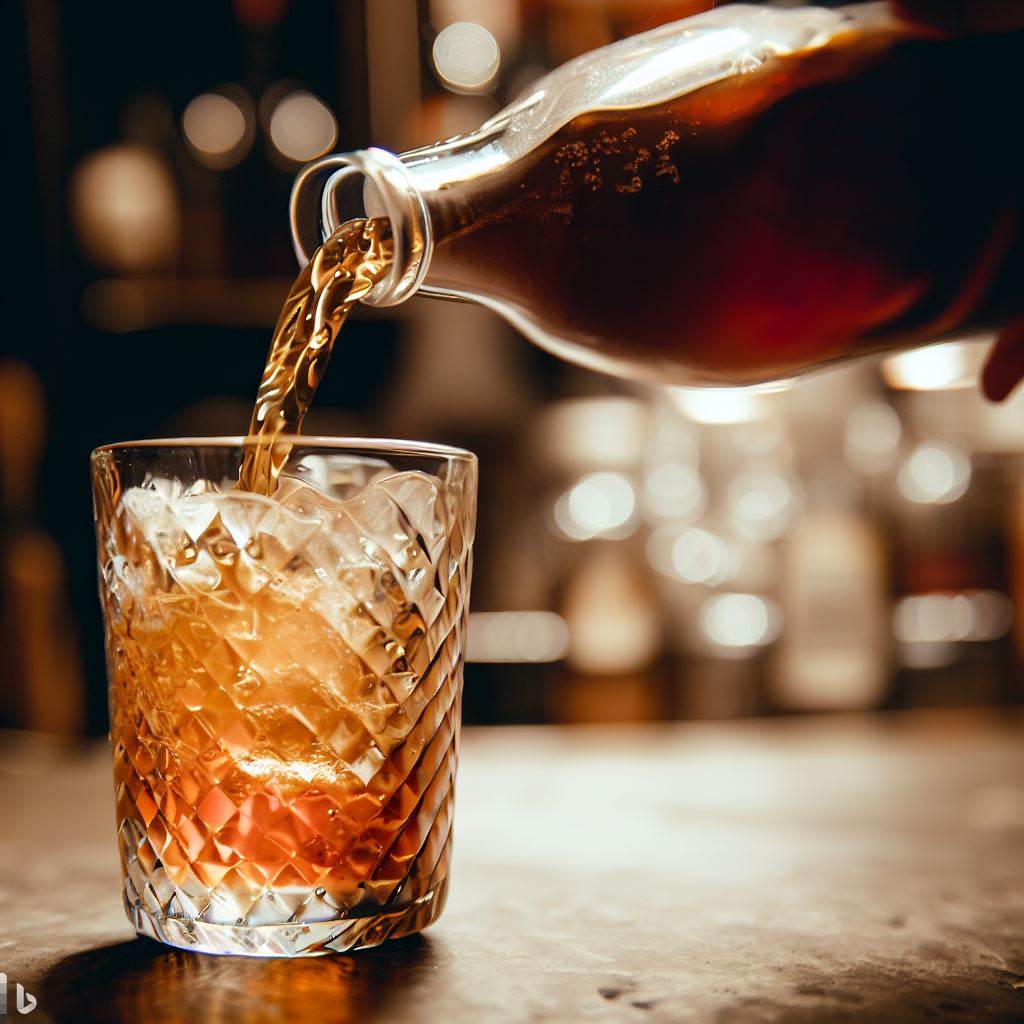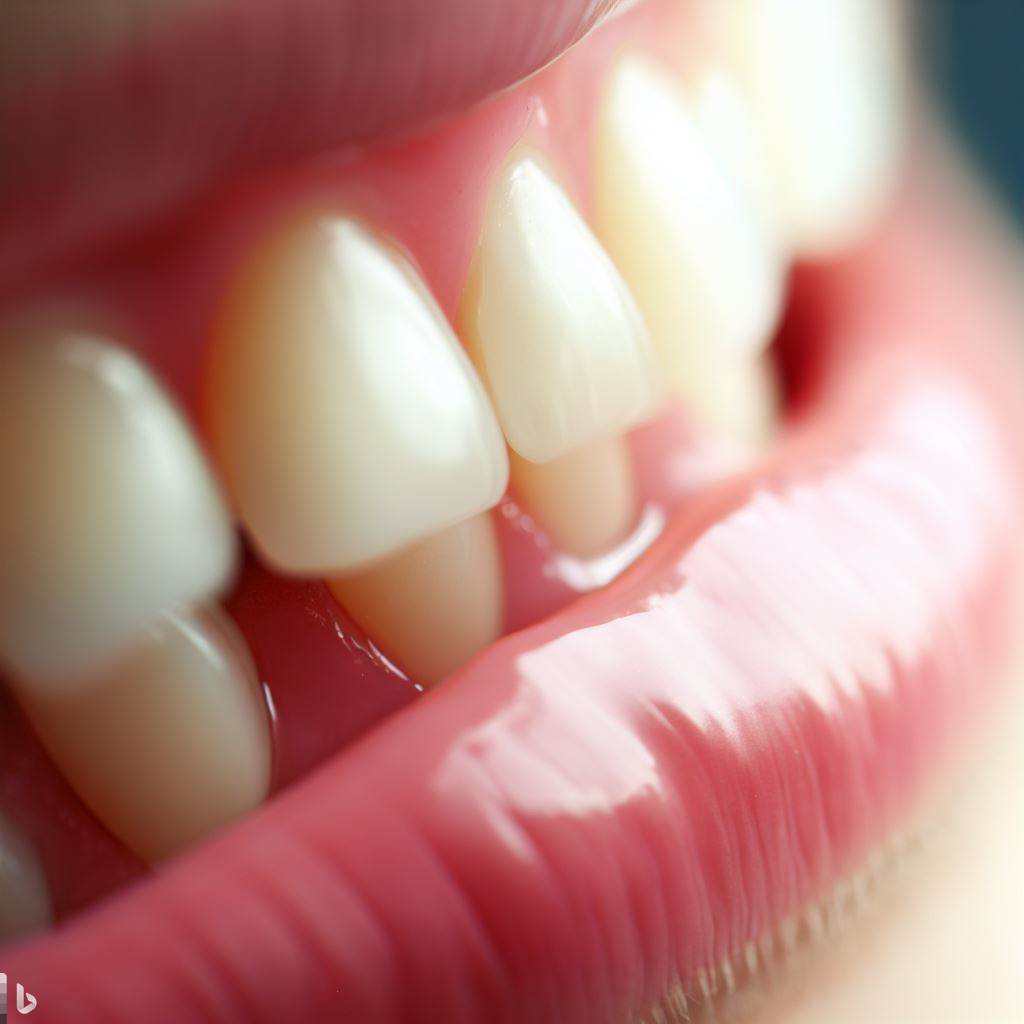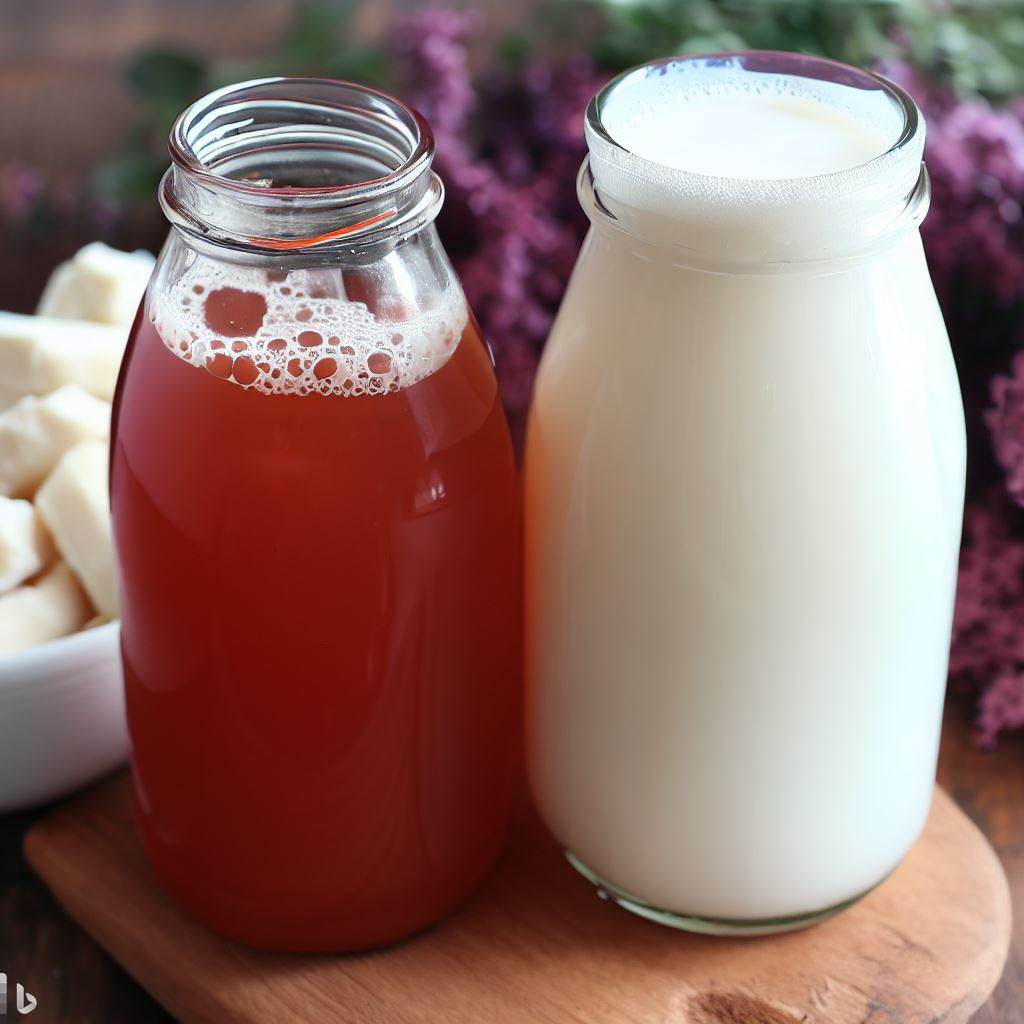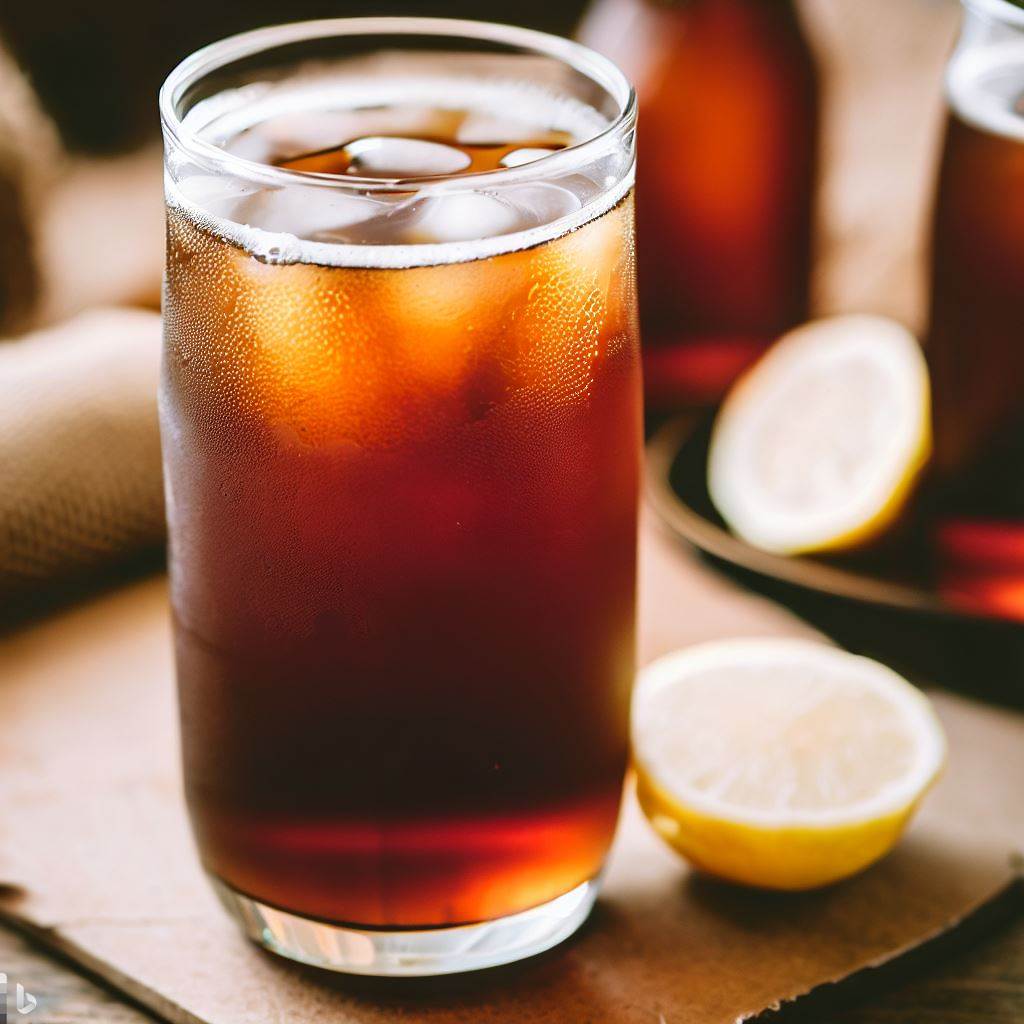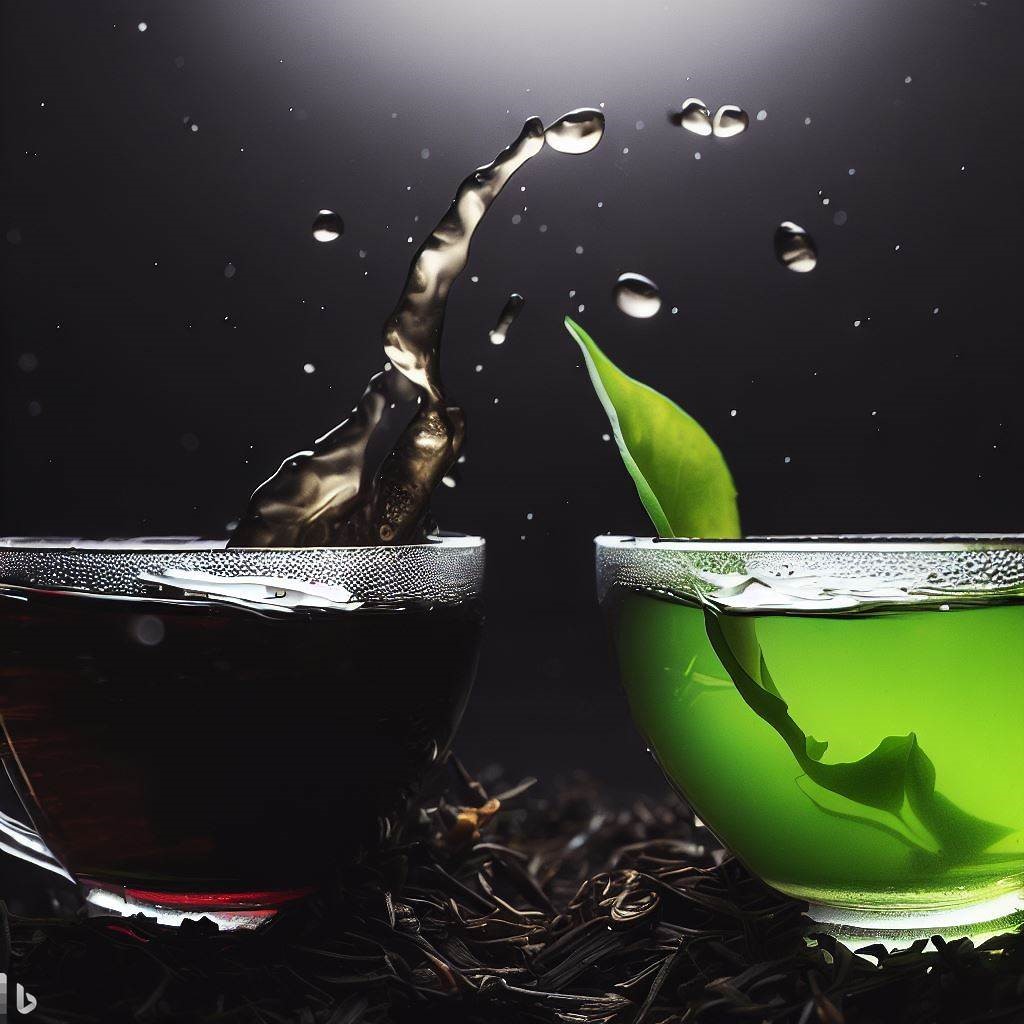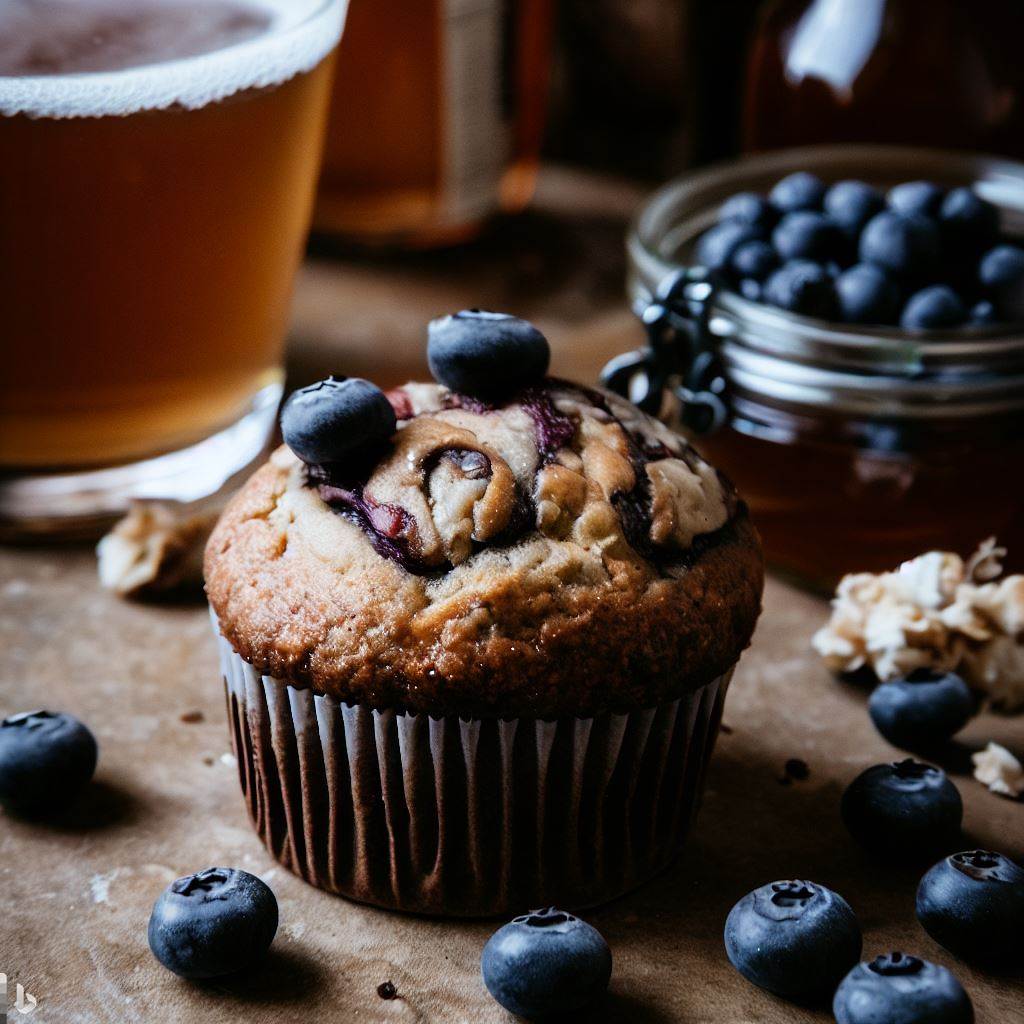1. Introduction to Booch’s Alcohol Content
Kombucha. The fizzy, sweet-and-sour drink that has taken the world of health beverages by storm. But what is it, really? And why is everyone suddenly talking about the kombucha alcohol content? Lets Dive in!
1.1. What is Kombucha?
Kombucha is a fermented tea beverage originating from East Asia, and it’s been consumed for thousands of years for its potential health benefits. It’s made by adding a culture of bacteria and yeast to a solution of tea and sugar. But don’t get freaked out by the “bacteria” part! These are good bacteria — the kind your gut loves!
1.2. History of Kombucha
Believed to have originated in China around 220 B.C., kombucha was initially known as the “Tea of Immortality”. Well, we can’t guarantee immortality, but hey, a healthy gut is a step in the right direction!
1.3. Health Benefits of Kombucha
Kombucha is often touted for its probiotic benefits. Probiotics, our friendly gut buddies, can aid in digestion, reduce inflammation, and even help with weight loss.
1.4. How is Kombucha Made?
Making kombucha involves a simple process of brewing tea (black or green), adding sugar, and then introducing a SCOBY (Symbiotic Culture of Bacteria and Yeast). Then, you wait. Yes, the waiting is the hardest part! Check out our Comprehensive guide to Brewing Booch!
2. Understanding Kombucha Alcohol Content: A Comprehensive Guide
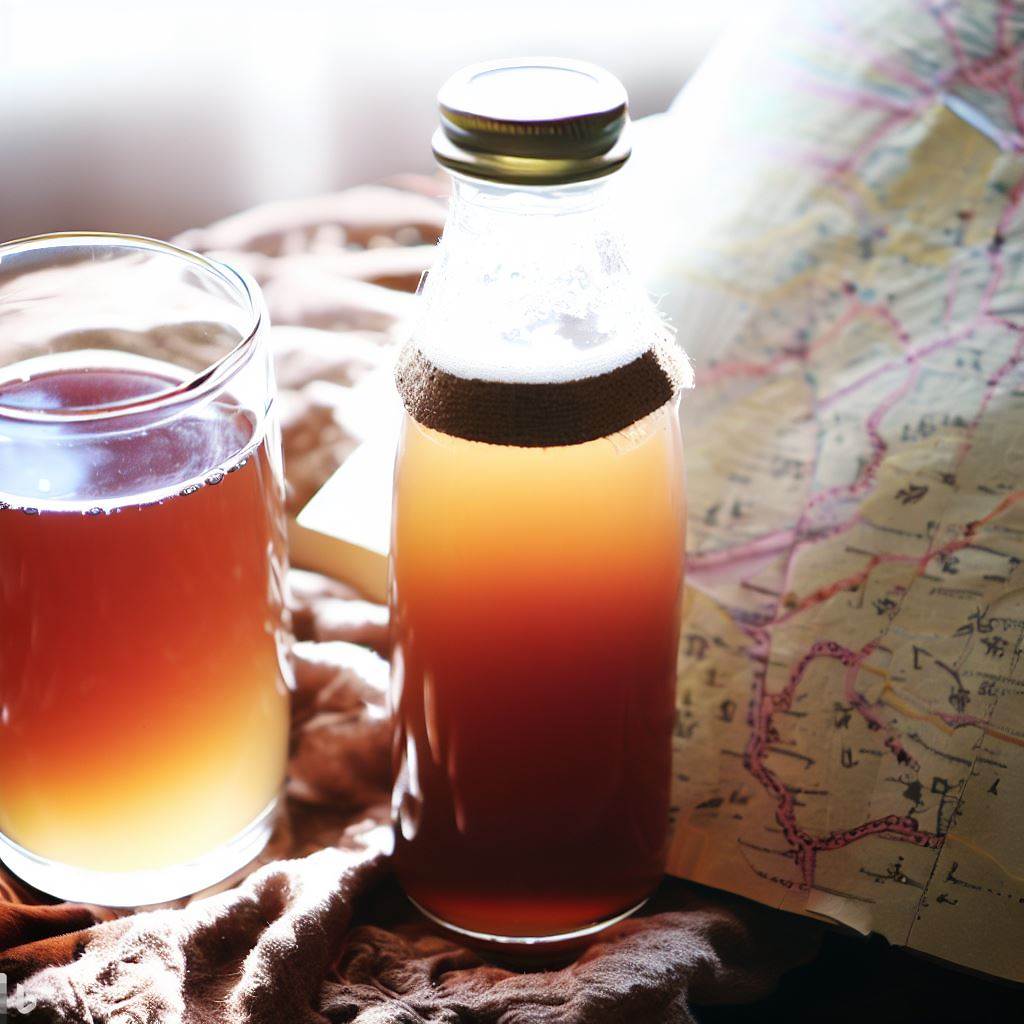
Fermentation: it’s not just for grapes and sourdough starters! Kombucha relies on this process, too.
2.1. The Basics of Fermentation
Fermentation is a natural process through which microorganisms like yeast and bacteria convert carbs — such as starch and sugar — into alcohol or acids.
2.2. Role of Yeast and Bacteria in Kombucha Fermentation
In kombucha, the yeast breaks down the sugar into alcohol and carbon dioxide (hello, bubbles!). Then, the bacteria step in, turning alcohol into acetic acid.
2.3. The Conversion of Sugar to Alcohol
But wait, did I say alcohol? Yes, the fermentation process naturally produces alcohol as an intermediate product.
2.4. How the Fermentation Time Affects Kombucha Alcohol Content
The longer you let your kombucha ferment, the higher the alcohol content. But don’t get too excited. The bacteria in the brew are constantly converting that alcohol into acid. That’s why kombucha isn’t typically classified as an alcoholic beverage.
3. Alcohol Content in Kombucha
Now that we’ve touched on the nitty-gritty of fermentation, let’s get to the main point: kombucha and its alcohol content.
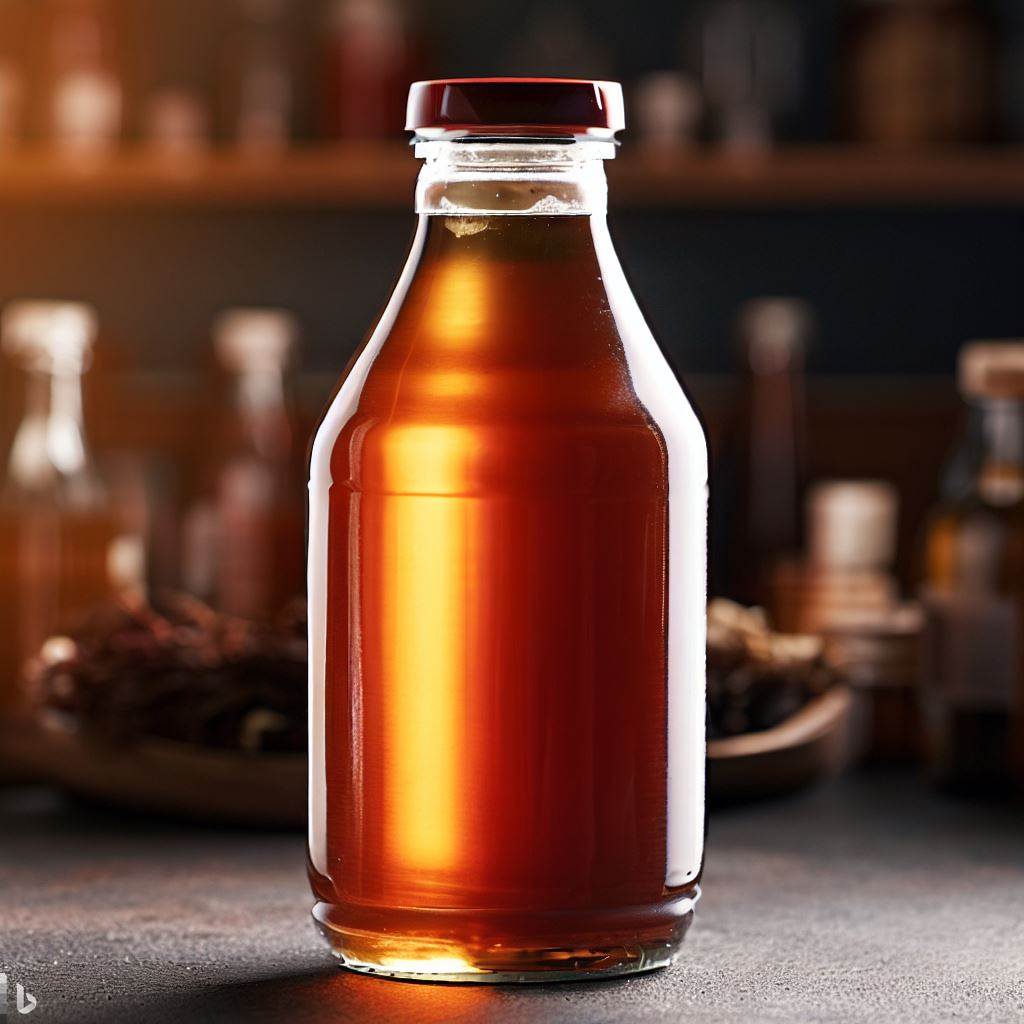
3.1. Factors Influencing Alcohol Content
Several factors can influence the alcohol content in kombucha, including the amount of sugar, fermentation time, and temperature. Don’t worry, the content is usually less than 0.5% – that’s lower than your grandma’s fruit cake!
3.2. How to Measure Alcohol Content in Kombucha
Although testing alcohol content at home can be tricky, it is possible. Methods range from simple hydrometer tests to sophisticated digital devices.
3.3. Comparing Alcohol Content in Kombucha to Other Beverages
With less than 0.5% alcohol, kombucha is no match for other alcoholic beverages. For context, a typical beer contains around 4-6% alcohol.
3.4. Legal Considerations and Regulations
Legally, kombucha is considered non-alcoholic if it contains less than 0.5% alcohol. However, due to the potential for higher alcohol content in improperly stored or homemade kombucha, it has faced some scrutiny from authorities.
4. Trace-Alcoholic Kombucha
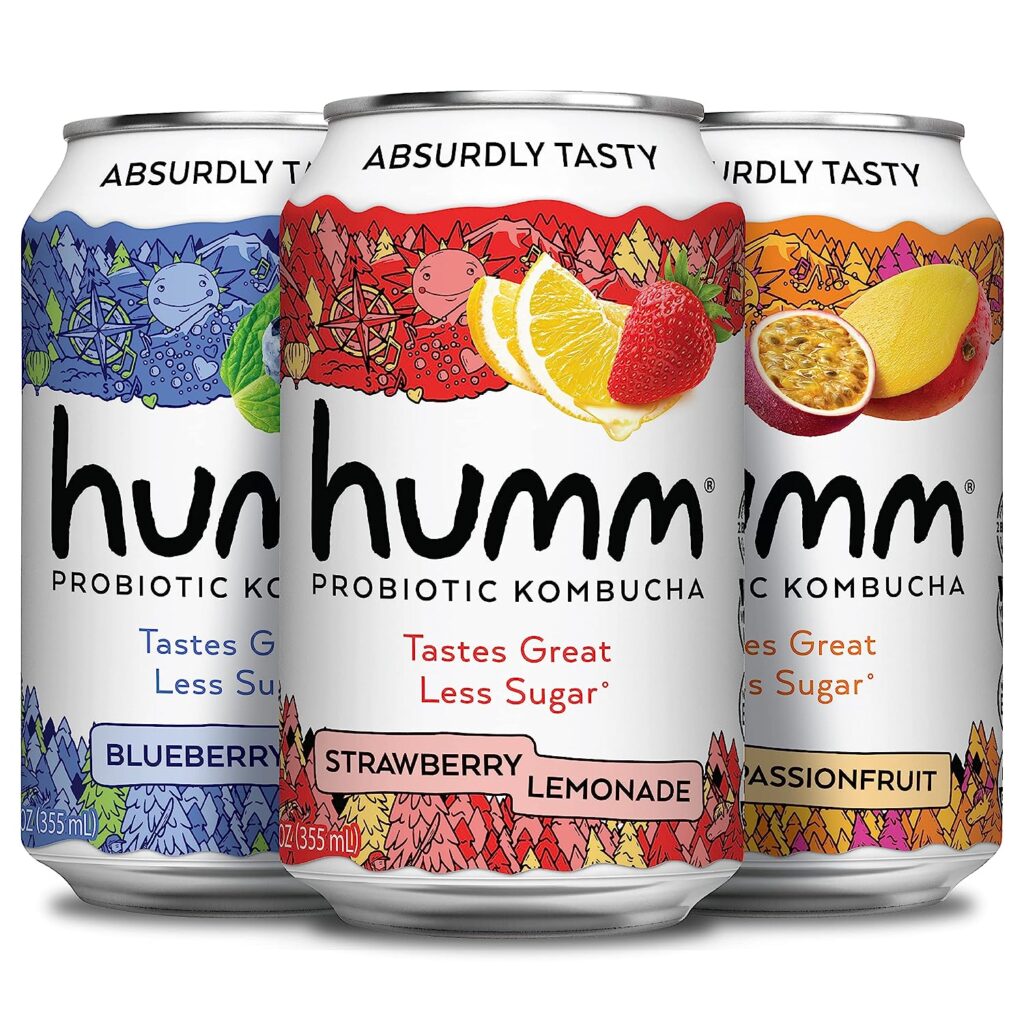
You might be wondering, can kombucha be completely alcohol-free? Let’s find out!
4.1. What Makes Kombucha Trace-alcoholic?
Trace-alcoholic kombucha has undergone processes to reduce its alcohol content to practically zero, while still maintaining the drink’s taste and health benefits. While you can’t guarentee that there is zero alcohol it, you can expect it to be at trace levels.
4.2. How is Non-alcoholic Kombucha Made?
Trace-alcoholic kombucha is typically made by altering the fermentation process or through a process called “dealcoholization”.
4.3. Comparison between Non-alcoholic and Regular Kombucha
While both versions offer similar health benefits, trace-alcoholic kombucha is a safer choice for those wishing to completely avoid alcohol.
4.4. Best Trace-alcoholic Kombucha Brands
If you’re on the hunt for very low alcohol kombucha its best to just buy it at the store! Some reputable brands include Health-Ade, GT’s Enlightened, and Humm.
5. Homebrewing Kombucha and Alcohol Content
For all the DIY enthusiasts out there, let’s dive into the world of homebrewed kombucha and its relationship with alcohol content.
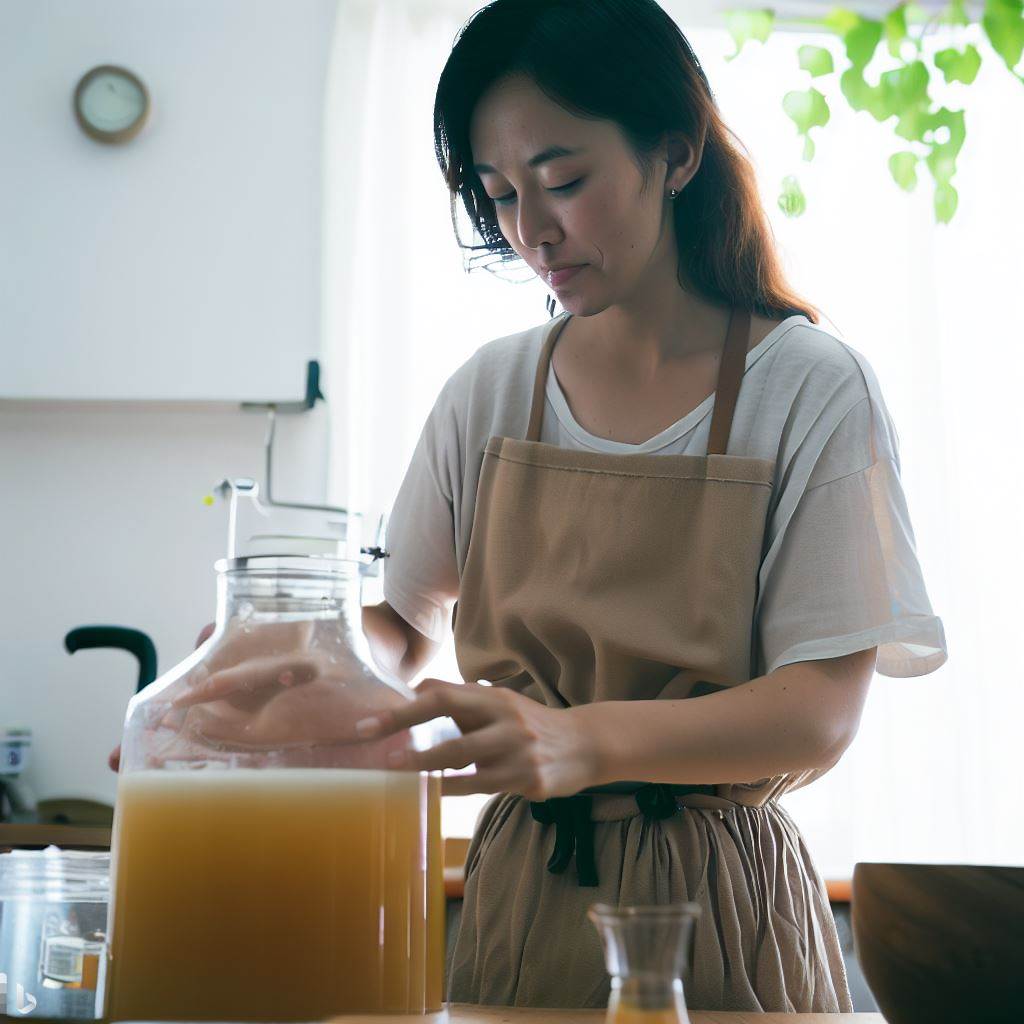
5.1. Advantages of Homebrewing
Homebrewing kombucha can be fun and cost-effective. Plus, you have the freedom to experiment with different teas and flavors. Isn’t that “tea-rrific”?
5.2. Risks of High Alcohol Content in Homebrewed Kombucha
One pitfall of homebrewing is the potential for higher alcohol content. If your kombucha is kept in a warm environment for too long, the yeast can go into overdrive, leading to increased alcohol levels.
5.3. How to Control Alcohol Content When Homebrewing
By controlling factors such as brewing time, temperature, and sugar content, you can keep a check on the alcohol levels in your homebrewed kombucha.
5.4. Best Practices for Homebrewing Kombucha
If you’re just starting with homebrewing, some tips are to start with simple recipes, clean all your equipment thoroughly, and be patient. Remember, good things take time!
6. Common Questions About Kombucha and Alcohol
We’re almost at the end, but let’s tackle some FAQs about kombucha and alcohol.
6.1. Can Kombucha Make You Drunk?
In a nutshell, no. The alcohol content in store-bought kombucha is typically below 0.5%, not enough to make you tipsy.
6.2. Can Children Drink Kombucha?
Generally, it’s considered safe for children to consume kombucha in moderation due to the low alcohol content. However, it’s always best to check with a pediatrician first.
6.3. Can Pregnant Women Drink Kombucha?
While kombucha does contain low levels of alcohol, it is generally considered safe for pregnant women when consumed in moderation. Again, always consult a healthcare provider.
6.4. Does Cooking or Baking with Kombucha Increase its Alcohol Content?
No, actually, cooking or baking with kombucha can decrease its alcohol content. This is because alcohol evaporates at 173°F, a lower temperature than what most cooking methods reach.
7. Wrapping Up

We’ve sipped our way through the intricate world of kombucha and its alcohol content. Now, let’s round up the bubbles and conclude! From its ancient origins to modern brewing methods, kombucha’s fascinating journey reveals that this fizzy, tangy drink is more than just a health fad. It’s a complex beverage with a unique brewing process that naturally produces a small amount of alcohol.
While kombucha does contain some alcohol, its levels are usually quite low, particularly in commercial products. The alcohol content can be higher in homemade versions, but this can be controlled with proper brewing techniques. Whether you’re an avid kombucha drinker, a home brewer, or someone simply curious about this popular beverage, understanding its alcohol content can help you make informed decisions about consuming it.
As with any food or drink, moderation is key. So, enjoy your kombucha, but remember to sip responsibly! Happy Brewing y’all!
Frequently Asked Qustions

Q1: Can I drive after drinking kombucha?
A1: Absolutely! With an alcohol content of less than 0.5%, booch won’t affect your ability to drive. You’d have to drink a few gallons for it to affect you which is fairly unlikely!
Q2: Can kombucha show up on an alcohol test?
A2: It’s highly unlikely. The trace amounts of alcohol in kombucha are usually not enough to trigger a positive result on a breathalyzer test.
Q3: Can I get “hangover” from drinking too much kombucha?
A3: No, the low alcohol content in booch won’t lead to a hangover. However, overconsumption may lead to an upset stomach due to its acidity.
Q4: Is it safe to consume kombucha daily?
A4: Yes, it’s generally safe to consume kombucha daily. However, it’s always best to listen to your body and consult with a healthcare professional if you have any concerns. Generally we reccomend that you start small, with 4 ounces daily and slowly ratchet that up to around a maximum of 16 ounces daily or 2 cups.
Q5: Can I make booch without any alcohol content at home?
A5: It’s tough to completely eliminate alcohol during home fermentation. However, you can minimize it by controlling factors like fermentation time and temperature. You could boil the alcohol off the kombucha through pastuerization but that is a delicate process that needs expertise. The Boiling point of Alcohol is between 173-178 degrees farenheit which is below water however you will likely kill off some of the beneficial bacteria in doing this.
Thanks for reading GMK’s Blog Post on Alcohol Content our Comprehensive Guide. Check our some more articles!

